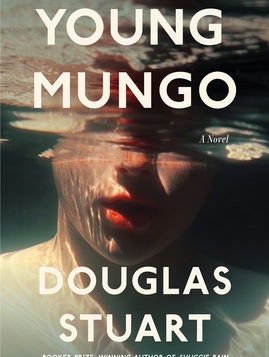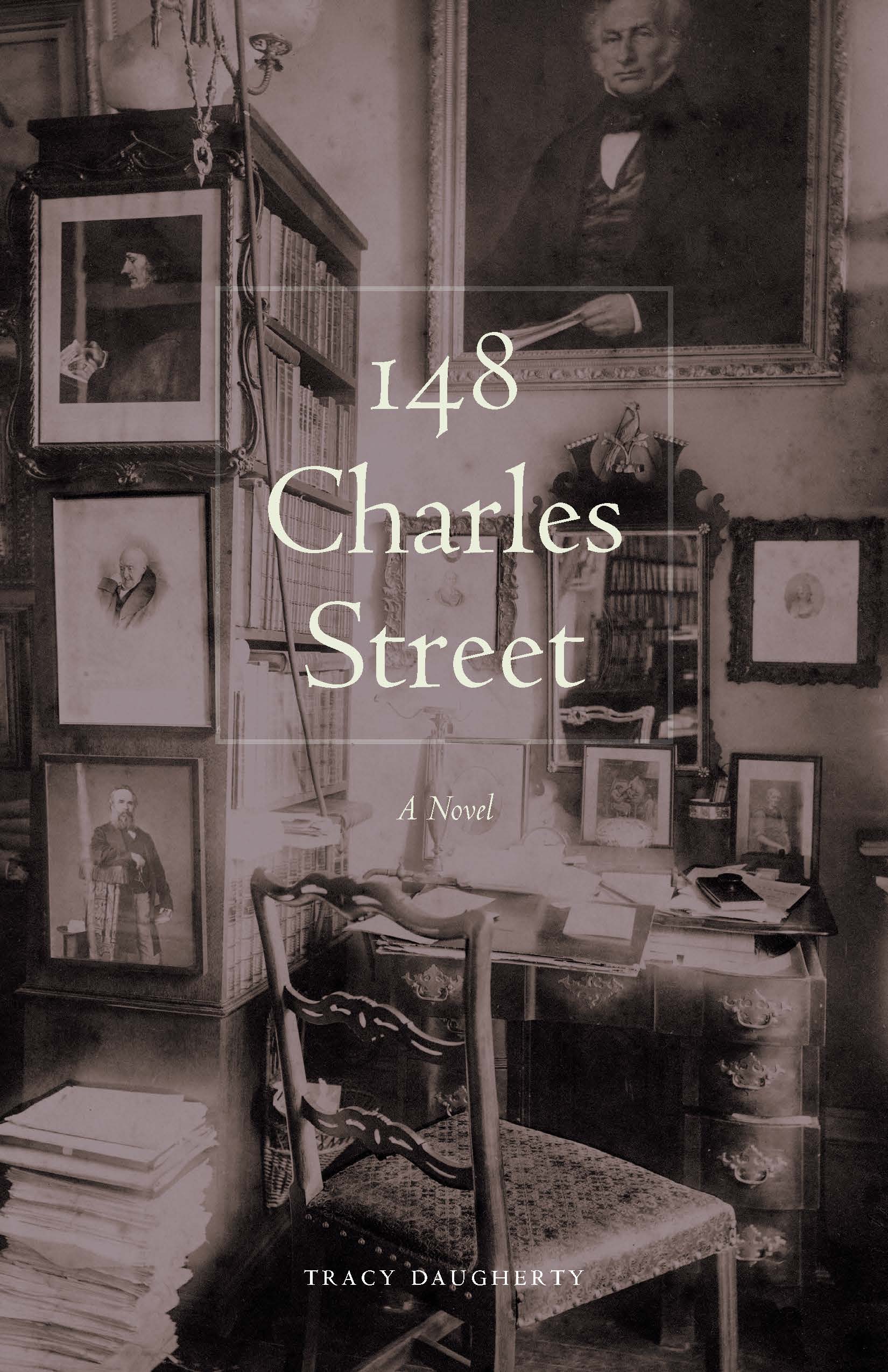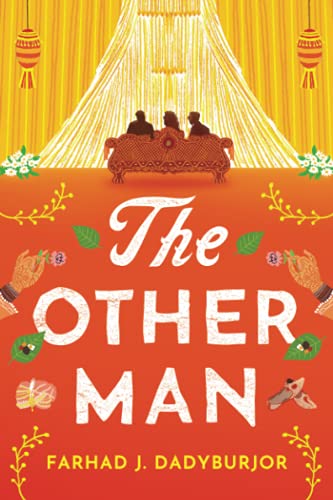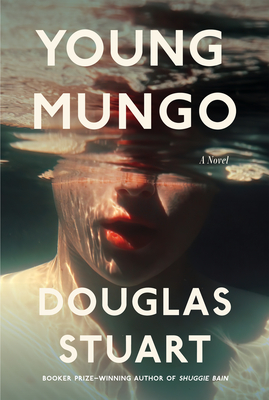DESPITE its title, this historical novel is not, for the most part, about the title address on Beacon Hill in Boston, where Sarah Orne Jewett and Annie Fields lived as a couple for many years. Jewett and Fields were mentors to Willa Cather and instrumental in launching her career as a writer. In turn, Cather became a mentor to the young muckraking journalist Elizabeth “Elsie” Shepley Sergeant, in whose voice much of this story is told. Feisty and opinionated, Sergeant’s character is not loath to find fault with Cather, the reasons for which are clearly delineated by author Tracy Daugherty. In both the novel and real life, Sergeant had been an embedded reporter in France during World War I, suffered severe injuries, and went to rural New Mexico to recover. There, she found a kindly priest with secrets, do-gooding fellow Bryn Mawr grads, Native Americans and Mexicans, and a corrupt local government.
Parallels between those times and the present day are much in evidence. Despite its occasional anachronisms, this is a novel for anyone interested in Willa Cather and her world. However, it could disappoint readers looking to find more about Cather’s lesbian life, which is only mentioned in passing in descriptions of her forty-year relationship with Edith Lewis. Still, much remains for the reader to discover between the lines.
Martha E. Stone
VED MEHRA has it all, working for his father’s growing firm, living the good life in the top tier of society in Mumbai, India. Still in his late thirties—trim, attractive—he’s a very eligible bachelor. Why is he still single, his mother wants to know? So begins Dadyburjor’s novel, The Other Man, one of the first in English to popularize the life of a single man in India who has his own reasons to remain silent.
Gay dating in India through the 1990s was not an easy option. Quick sex pickups were often all there was. The 21st century, however, brought online apps like Grindr that opened up a new world for gay men. In addition, in 2018 India’s Supreme Court decriminalized homosexuality by overturning Section 377 of the Indian Penal Code. While his mother keeps arranging suitable marriage dates for Ved, which he half-heartily agrees to, Grindr provides him with a safe diversion. Carlos, an attractive American working in India, keeps sending him sexy, mischievous text messages. Ved nervously agrees to a coffee date with Carlos, where their mutual attraction is immediate. After a few more dates, they find themselves in bed together, unleashing a hitherto unknown sexual fervor in Ved.
Questions remain: How will Ved’s newly realized passion fit into his lifestyle? Will he have the courage to come out to his family, friends, and workmates? Will he be forced to marry? The last chapters of this searching novel lay out the path and pitfalls that Ved has to face if he is to discover his authentic self and lead the life that he can now imagine.
Joe Ryan
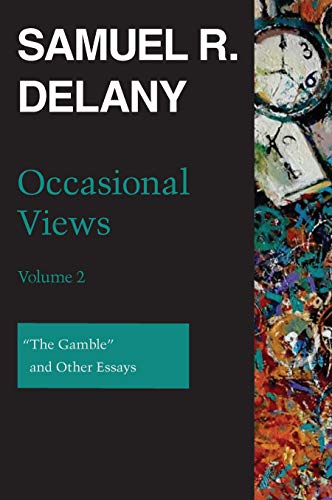 OCCASIONAL VIEWS, VOLUME 2
OCCASIONAL VIEWS, VOLUME 2
“The Gamble” and Other Essays
by Samuel R. Delany
Wesleyan Univ. Press. 376 pages, $24.95
AN ICON among gay writers, Samuel R. “Chip” Delany, who’s now eighty years old, has produced a huge output of speculative fiction. His success began early with a series of award-winning novels published before he was 25. This early work, published in the 1960s, did not cover gay themes as much as work published later. For this reason, Volume 2 of his Occasional Views has more of relevance to the gay community than did Volume I (which I reviewed in the Nov.-Dec. 2021 issue).
The second volume begins with “The Gamble,” an essay written in 2004 about various aspects of gay sex, including changes in how we feel about HIV testing compared to the early years of the plague. Included is a semi-humorous segment in which a straight friend reacts to hearing gay men sharing details about their sex lives during dinner. It concludes with a detailed recounting of the author’s attendance at a sex party designed for (mostly) older men. Delany can be specific to the point of “TMI,” but his commitment to factual and descriptive accuracy is appreciated in a society that leans toward the prudish. There’s a lot more about gay life, but this book also includes chapters on John Ashbery, Willa Cather, and other writers, plus interviews with Delany about sex, writing, and the value of science fiction. If you’re looking for a broad introduction to Delany’s work, this volume would be a good start.
Alan Contreras
DOUGLAS STUART’S new novel, a searing follow-up to his award-winning debut, Shuggie Bain, continues with his earlier themes: poverty, homosexuality, violence, and alcoholism. Mungo, a fatherless fifteen-year-old living in a Glasgow tenement with his family—including his older sister and brother, Jodie and Hamish, and Mo-maw, their frequently absent alcoholic mother—struggles to survive in a Protestant environment that rejects who he is.
The novel opens with Mungo, who’s named after a saint, slowly walking away from his tenement flat with two men he doesn’t know. Gallowgate and St. Christopher have been chosen by his mother to take him on a trip to teach him “manly pursuits.” The traumatic incidents of this trip are interspersed with chapters detailing the painful events in Mungo’s life that led up to it. As Mungo attempts to reckon with his homosexuality and the toxic masculinity surrounding him, which is typified by his older brother Hamish, Mungo befriends a Catholic named James. Their burgeoning love is threatened by the prevailing sectarian hatred between Protestants and Catholics.
The duality of love and abuse infuses the narrative, with each chapter building on its damage and intensifying its impact. The motivations and emotions of each character are portrayed vividly, so that their brokenness makes each both victim and survivor. The story is imbued with a powerful sense of place and crackles with Glaswegian dialect. The novel exemplifies the shame and pride that coexist in Mungo’s world and in his own identity. With a foreboding sense of tragedy, the novel turns redemptive when Mungo accepts himself and his own agency.
Monica Carter


